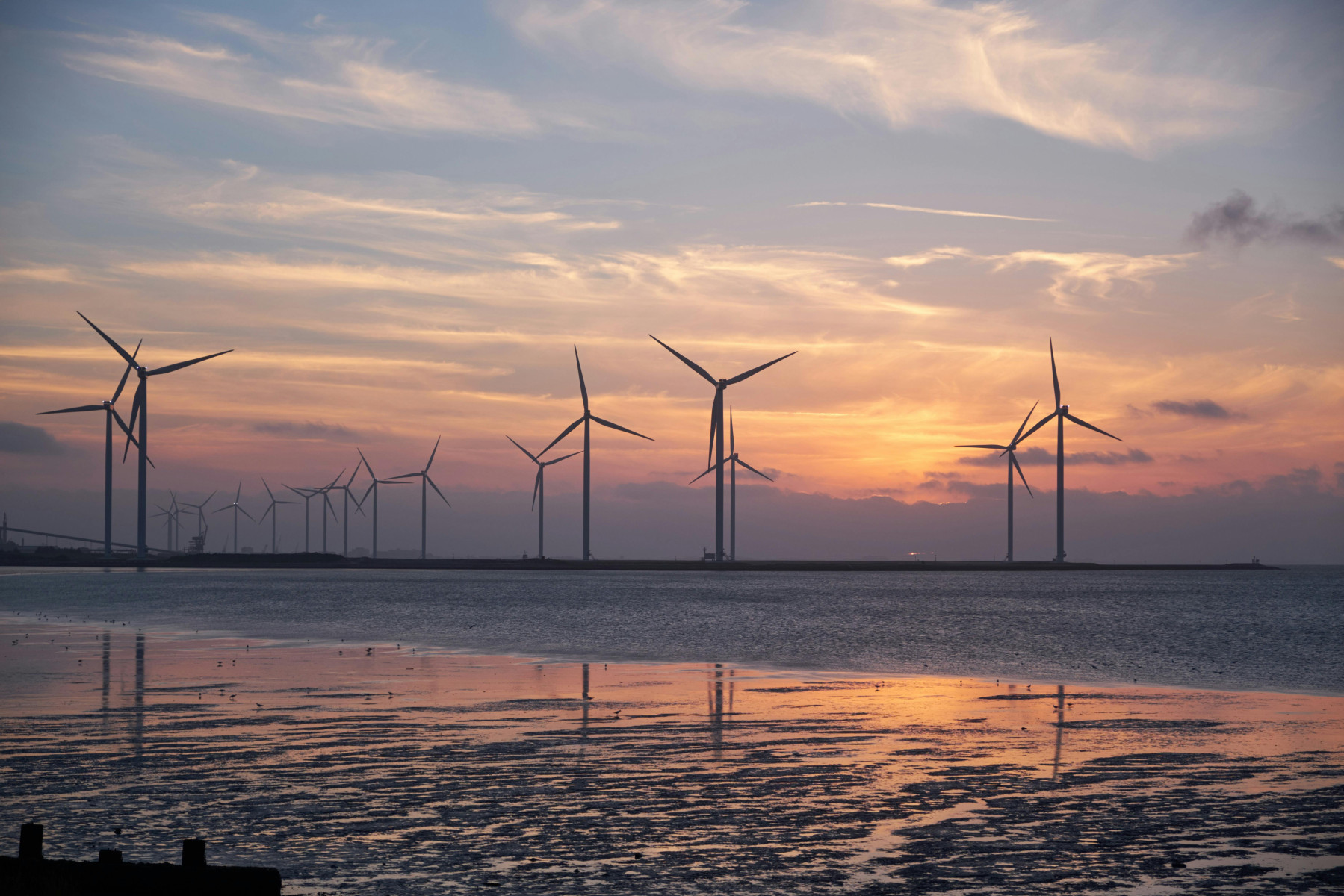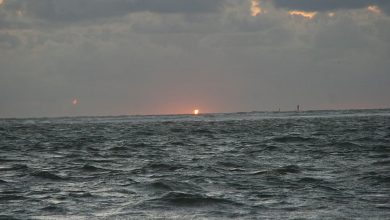A new report ORE Outlook 2040 from the Supergen Offshore Renewable Energy (ORE) Hub, calls for rapid acceleration in energy generation from the sea to help the UK meet its Net Zero targets by 2050.
Led by Professor Deborah Greaves at the University of Plymouth, the Supergen ORE Hub includes co-directors from a consortium of ten universities. From The University of Manchester, Professor Tim Stallard serves as a Co-Director and Dr Hannah Mullings is an Early Career Researcher (ECR) Co-Lead.
The report, aimed at researchers, industry, policymakers, and the public, summarises the current impacts of climate change and the UK’s progress in reducing carbon emissions. It outlines offshore renewable energy deployment pathways needed for a just, sustainable and secure energy transition, with 2040 identified as a key milestone towards the UK 2050 Net Zero goals.
Key findings from the report include:
- Achieving 100 GW of offshore wind energy by 2040 is critical, requiring a nearly seven times increase in capacity. Radical innovation is essential to optimise and scale up growth.
- Tidal stream energy has the potential to grow alongside offshore wind and could reach over 11 GW of capacity in UK waters. Rapid progress is required, to deliver the EU SET Plan target of 6 GW deployment of tidal stream by 2050.
- Wave energy has significant potential, with an estimated exploitable resource of 25 GW in the UK. Deployment of 12 GW of wave and tidal stream by 2050 could add £40 billion GVA to the UK economy and reduce energy balancing costs by £1 billion annually. Investment in innovation over the next decade is crucial to achieving this potential.
Professor Tim Stallard said: “The ORE Outlook 2040 report highlights the high potential for Offshore Renewable Energy sources to contribute to the UK meeting its Net Zero goals. The growth required cannot be realised by upscaling current approaches alone and urgent action is needed to accelerate innovation and deployment.”
The report also explores ORE development through lenses of planning and consenting, people, supply chain, and infrastructure and grid. Investment in research and innovation is highlighted as crucial to de-risking new technologies, reducing costs, improving performance and ensuring the UK retains its technological leadership on the global stage.
The Supergen ORE Hub, established by the Engineering and Physical Sciences Research Council (EPSRC), aims to deliver strategic and coordinated research on sustainable power generation and supply.


